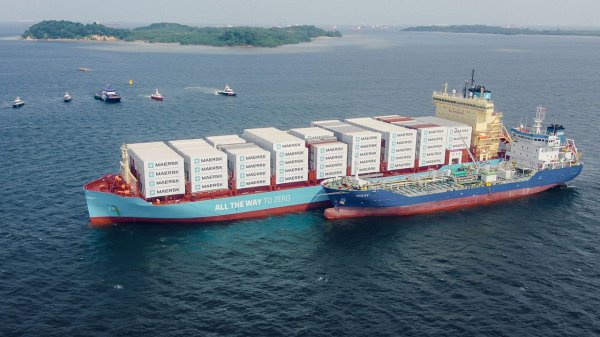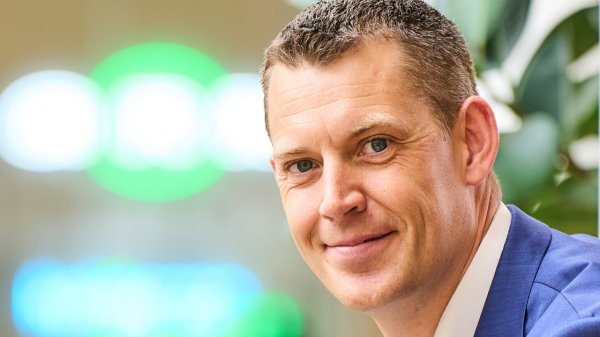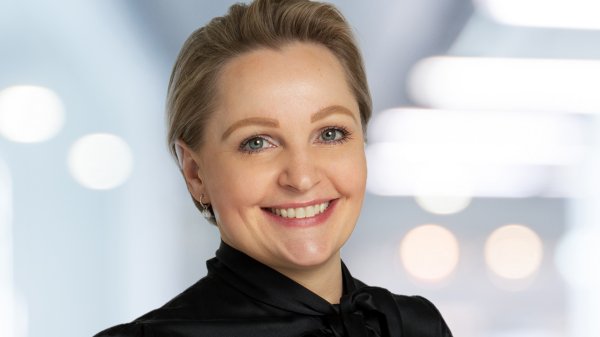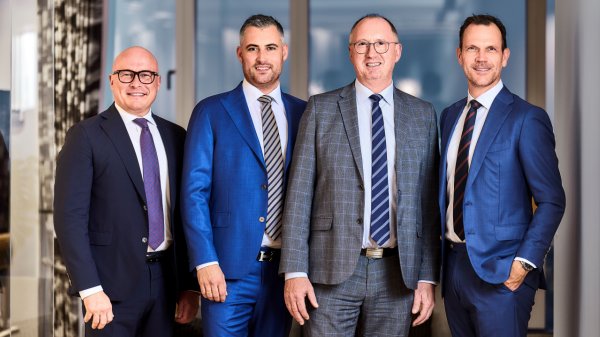Shell warns of potential LNG shortage in mid-2020s
Urges 'mismatch' between buyers and sellers to be resolved so that project developers can make investment decisions.
Shell warned on Monday that, based on current demand projections, it sees potential for an LNG supply shortage to develop in the mid-2020s - unless new production project commitments are made soon.
The details are revealed in Shell's annual LNG Outlook, with the oil & gas giant noting that the LNG market has "continued to defy expectations of many market observers" following the 29-million-tonne rise in demand to 293 million tonnes in 2017.
Shell said:
Japan remained the world's largest LNG importer in 2017, while China moved into second place as Chinese imports surged past South Korea's. Total demand for LNG in China reached 38 million tonnes, a result of continued economic growth and policies to reduce local air pollution through coal-to-gas switching.
"We are still seeing significant demand from traditional importers in Asia and Europe, but we are also seeing LNG provide flexible, reliable and cleaner energy supply for other countries around the world," said Maarten Wetselaar, Integrated Gas and New Energies Director at Shell.
"In Asia alone, demand rose by 17 million tonnes. That's nearly as much as Indonesia, the world's fifth-largest LNG exporter, produced in 2017."
LNG has played an increasing role in the global energy system over the last few decades. Since 2000, the number of countries importing LNG has quadrupled and the number of countries supplying it has almost doubled. LNG trade increased from 100 million tonnes in 2000 to nearly 300 million tonnes in 2017. That's enough gas to generate power for around 575 million homes.
LNG buyers continued to sign shorter and smaller contracts. In 2017, the number of LNG spot cargoes sold reached 1,100 for the first time, equivalent to three cargoes delivered every day. This growth mostly came from new supply from Australia and the USA.
The mismatch in requirements between buyers and suppliers is growing. Most suppliers still seek long-term LNG sales to secure financing. But LNG buyers increasingly want shorter, smaller and more flexible contracts so they can better compete in their own downstream power and gas markets.
This mismatch needs to be resolved to enable LNG project developers to make final investment decisions that are needed to ensure there is enough future supply of this cleaner-burning fuel for the world economy.
To read Shell's full LNG Outlook for 2018, please visit: shell.com/lngoutlook
The details are revealed in Shell's annual LNG Outlook, with the oil & gas giant noting that the LNG market has "continued to defy expectations of many market observers" following the 29-million-tonne rise in demand to 293 million tonnes in 2017.
Shell said:
Japan remained the world's largest LNG importer in 2017, while China moved into second place as Chinese imports surged past South Korea's. Total demand for LNG in China reached 38 million tonnes, a result of continued economic growth and policies to reduce local air pollution through coal-to-gas switching.
"We are still seeing significant demand from traditional importers in Asia and Europe, but we are also seeing LNG provide flexible, reliable and cleaner energy supply for other countries around the world," said Maarten Wetselaar, Integrated Gas and New Energies Director at Shell.
"In Asia alone, demand rose by 17 million tonnes. That's nearly as much as Indonesia, the world's fifth-largest LNG exporter, produced in 2017."
LNG has played an increasing role in the global energy system over the last few decades. Since 2000, the number of countries importing LNG has quadrupled and the number of countries supplying it has almost doubled. LNG trade increased from 100 million tonnes in 2000 to nearly 300 million tonnes in 2017. That's enough gas to generate power for around 575 million homes.
LNG buyers continued to sign shorter and smaller contracts. In 2017, the number of LNG spot cargoes sold reached 1,100 for the first time, equivalent to three cargoes delivered every day. This growth mostly came from new supply from Australia and the USA.
The mismatch in requirements between buyers and suppliers is growing. Most suppliers still seek long-term LNG sales to secure financing. But LNG buyers increasingly want shorter, smaller and more flexible contracts so they can better compete in their own downstream power and gas markets.
This mismatch needs to be resolved to enable LNG project developers to make final investment decisions that are needed to ensure there is enough future supply of this cleaner-burning fuel for the world economy.
To read Shell's full LNG Outlook for 2018, please visit: shell.com/lngoutlook

|
How to engineer and manage green shipping fuels | Stanley George, VPS
Effective management strategies and insights for evolving fuel use. |
|
|
|
||

|
Swedish government bans scrubber wastewater discharges
Discharges from open-loop scrubbers to be prohibited in Swedish waters from July 2025. |
|
|
|
||

|
MAN Energy Solutions achieves 100% load milestone for ammonia engine
Latest tests validate fuel injection system throughout the entire load curve. |
|
|
|
||

|
Petrobras secures ISCC EU RED certification for B24 biofuel blend at Rio Grande
Blend consisting of 24% FAME is said to have been rigorously tested to meet international standards. |
|
|
|
||

|
Stolt-Nielsen to fully control Avenir LNG with acquisition
Share purchase agreement to buy all shares from Golar LNG and Aequitas. |
|
|
|
||

|
Bureau Veritas supports launch of CIMC SOE's LNG bunkering vessel
Handover of Seaspan Energy's cutting-edge 7,600-cbm vessel completed. |
|
|
|
||

|
Methanol as a marine fuel | Steve Bee, VPS
How environmental legislation has driven the development of low-sulphur fuels and methanol-ready ships. |
|
|
|
||

|
Martin Vorgod elevated to CEO of Global Risk Management
Vorgod, currently CCO at GRM, will officially step in as CEO on December 1, succeeding Peder Møller. |
|
|
|
||

|
Dorthe Bendtsen named interim CEO of KPI OceanConnect
Officer with background in operations and governance to steer firm through transition as it searches for permanent leadership. |
|
|
|
||

|
Bunker Holding revamps commercial department and management team
CCO departs; commercial activities divided into sales and operations. |
|
|
|
||
Related Links
- · Shell to charter - and bunker - two dual-fuel crude tankers [Insights]
- · Shell's Maarten Wetselaar sees 'big potential' for LNG as bunker fuel [Insights]
- · Shell inks deal with Carnival to bunker North America's first fully LNG-powered cruise ships [Insights]
- · Shell charters LNG bunker barge for Southeast US market [Insights]
- · Shell and MPA to jointly research clean fuels and digitalisation [Insights]

